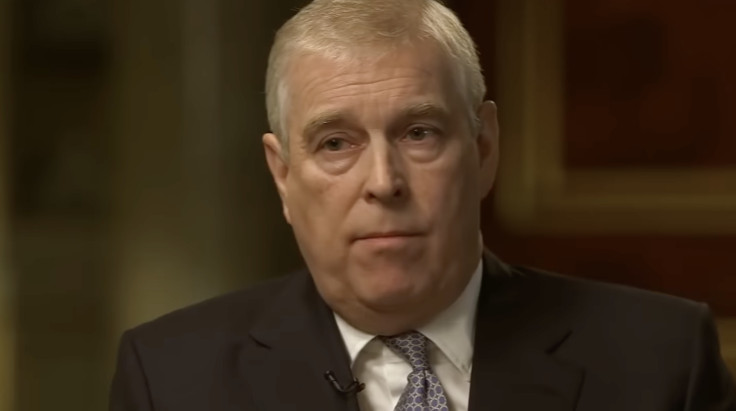
Andrew Mountbatten-Windsor told Jeffrey Epstein he 'can't take any more' as newly released emails show him seeking public denials amid a widening documentary reckoning.
Three years after Virginia Giuffre's death and more than a decade since the first public allegations, a fresh tranche of documents released by the United States House Committee on Oversight has revived questions over the former royal's account of his relationship with Epstein and the steps taken behind closed doors to manage the scandal.
Emails Undercut Timeline of Cutting Ties
Newly published correspondence from 2011 attributed to a sender listed as 'The Duke' urges Epstein and his associates to ensure a clear denial is circulated to the press, and contains the anguished sentence, 'I can't take any more of this'.
The message is notable because it post-dates Prince Andrew's public insistence that he had severed ties with Epstein in 2010. The files, part of a 20,000-page release, include exchanges that appear to show coordinated efforts to rebut allegations and to question the credibility of accusers.
Those emails sit alongside other records in the Oversight Committee release that reference the infamous photograph of Andrew with Virginia Giuffre, as well as communications in which Epstein and his circle discuss media responses and reputation management.

Taken together, the material accentuates the gulf between the former prince's public explanations and the contemporaneous private correspondence contained in Epstein's archive.
The Unanswered Questions
The toll of the Epstein network has been immense. Virginia Giuffre, who alleged she was trafficked to powerful men, including Andrew, died by suicide earlier this year; her posthumous memoir and litigation helped keep the matter in public view.
The civil case was settled in 2022 for an amount widely reported to be around £12 million ($16.3 million), a figure that has never been officially confirmed in full but was commonly cited in contemporaneous reporting.
Survivors' advocates say the newly disclosed emails are further evidence of how victims' accounts were undermined and of the lengths to which Epstein and associates sought to silence or discredit accusers.
For many, the phrase 'I can't take any more' reads as a testament to a man caught between reputation, power, and a scandal whose gravity he now appears to have privately acknowledged.
The 2019 Interview Revisited
The 2019 BBC Newsnight interview in which Andrew denied any recollection of meeting Giuffre and offered explanations for his conduct remains a touchstone of public outrage. The on-camera performance badly damaged his credibility and precipitated his withdrawal from public duties.
The full interview, available on the BBC's channel, now sits beside the new papers as contemporaneous evidence that strengthens the centrepiece of critics' claims: that public denials and private manoeuvrings were not aligned.
The political reaction was swift after the Oversight Committee's publication. Lawmakers and commentators have seized on the documents as further reason to press for transparency about Epstein's network and any role elites played in enabling his crimes.
Meanwhile, within the monarchy, the revelations add another layer to the reputational crisis that saw Andrew formally lose royal privileges this year and adopt the surname Mountbatten-Windsor in public usage.
Officials, including committee members, have indicated more releases will follow as the Oversight panel continues to process thousands of pages from Epstein's estate and Justice Department materials. For survivors and the public, each disclosure amplifies calls for fuller answers about who knew what, when, and why certain allegations did not lead to wider accountability.
The documents are not merely proof of association; they are fragments of the lives broken by a system that, for years, safeguarded power over survivors' voices.






